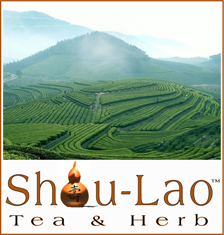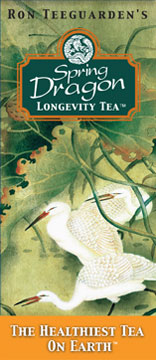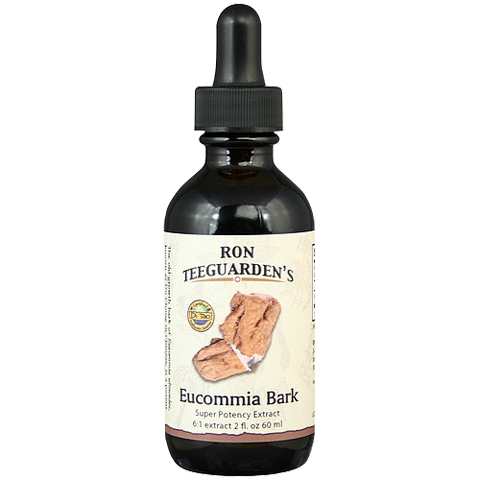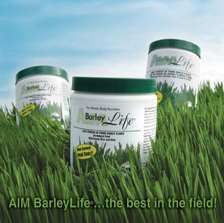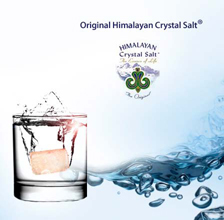Eucommia Drops
One Of The Very Few Balanced Vegetarian Yin & Yang Tonics
Eucommia is the primary plant-sourced herb in Chinese herbalism used to tonify the Kidney Yang functions, in particular as it affects the lower part of the body and the skeletal structure. And although Eucommia is primarily known as a powerful Yang Jing tonic, it is also a strong Yin Essence (Yin Jing) nourishing herb. Because it provides both Yin and Yang, it is a superb herb for men and women alike and can be used by almost anybody to promote the functions of the endocrine system, to promote sexual functions, to enhance normal growth, to promote healing, to strengthen the physical structure and to strengthen resistance. Recent animal studies indicate that the alcohol extract of Eucommia Bark may be a potent human growth hormone secretagogue.
Eucommia’s first fame is in its Kidney tonifying effects. It is in fact the primary herb in Chinese tonic herbalism for building a strong, sturdy, flexible skeletal structure. It is used to strengthen the bones, ligaments and tendons, and can be used to help mend damage to these tissues, whether the damage is due to stress, age or trauma. Eucommia is also the primary herb of choice for lower back and knee problems, including pain, stiffness, dislocation, swelling and weakness. Eucommia is one of the few herbs in Chinese tonic herbalism that is sufficiently powerful, balanced and broad spectrum that it may be used alone. However, it may be combined with any number of other tonic herbs in a formulation or tonic herbal program designed to build the Yin and Yang of the Kidney.
As a Kidney tonic, Eucommia is considered an important herb for improving potency in men and fertility in women. It will be found in almost every formula designed for such purposes. Furthermore, Eucommia helps slow down ejaculation.
Scientific Knowledge: In 1974 researchers at the University of Wisconsin found Eucommia ulmoides to contain hypotensive compounds. The hypotensive action has been demonstrated in numerous animal models and in humans. The hypotensive compound has been determined to be pinoresinol diglucoside.
Eucommia has been shown to markedly reduce cholesterol absorption in laboratory animals (not proven in humans). It has also been shown to have mild sedative and anti-inflammatory action in pharmacological experiments. The experimental results indicate that one of the anti-inflammatory mechanisms of Eucommia involves enhancement of the adrenocortical function. This supports the traditional theory that Eucommia tonifies the Kidney function, which is now known to involve adrenocortical function.
1. Eucommia extract has been shown to have powerful effects on the immune systems of various laboratory animals. In particular, it appears that Eucommia significantly enhances phagocytic action. Phagocytosis involves the clearing away of foreign material from the blood stream by the white blood cells. In this particular action, Eucommia proved to be as powerful as Astragalus membranaceus and Codonopsis pilosula, two herbs that have been proven to have powerful immunological activity in animals and humans.
An active constituent of Eucommia bark is aucubin. Studies indicate that aucubin may play a role in protecting the skin from UV radiation and therefore from photoaging.
2. Ultraviolet-B (UVB) irradiation has been demonstrated to produce reactive oxygen species (ROS) in the cells and skin, which induces the synthesis of matrix metalloproteinases (MMPs), causing skin photoaging. Using the human skin fibroblast HS68 cell line in the present study, we investigated the photoprotective effects of aucubin from Eucommia ulmoides. Pretreatment with aucubin significantly inhibited the production of MMP-1 by 57% when compared to the UVB-irradiated cells. Additionally, the senescence-associated beta-galactosidase (SA beta-gal) activity was markedly decreased in the presence of aucubin, which indicates it as an anti photo-induced aging compound. As the effect of aucubin was determined against ROS, the inhibited ROS formation and malondialdehyde (MDA) levels, and the increased cell viability and glutathione (GSH) level were observed with aucubin under UVB irradiation. Based upon these results, it was suggested that aucubin might play an important role in the cellular defense mechanism against UV radiation-induced photoaging. An understanding of the antioxidant properties of aucubin could, in part, act to elucidate its protective mechanism on the human skin photoaging.
These results suggest that aucubin is a photoprotective phytochemical, and could be used as a potential agent in preventing photoaging.
Eucommia Bark is widely considered to be the yang counterpart to He Shou Wu, so they compliment each other wonderfully. Adding Eucommia Drops to your He Shou Wu eeTee is a superbly balanced everyday Jing Tonic, and is thought to both strengthen the kidneys and to regulate hormone levels in the body, thus promoting a calm and even disposition.
Traditional Function: Nourishing the Kidney and Liver; strengthening the bones, ligaments and muscles; hypotensive; and benefiting the uterus and fetus during pregnancy.
Who Can Use It? Anyone.
Concentration: 8:1
Specifications: 2 fl oz.
Ingredients: Eucommia Bark
Other Ingredients: Water and Alcohol
Usage: 3-12 droppers per day or as directed by your health care practitioner
